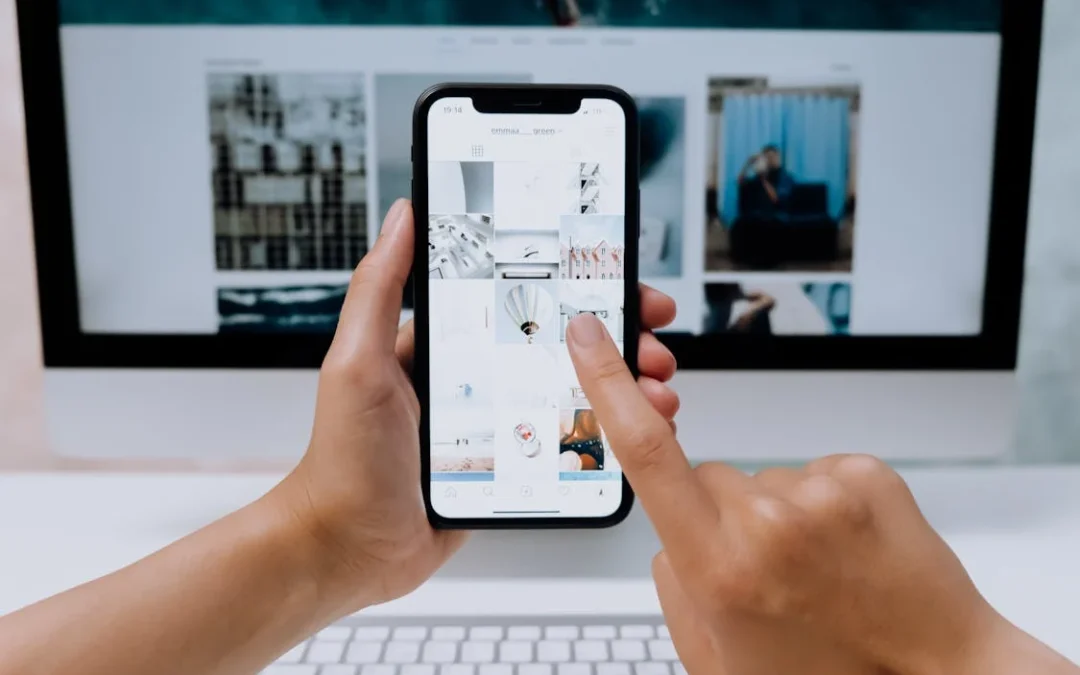Social media has revolutionized the entertainment industry, transforming how content is created, distributed, and consumed. Platforms like Instagram, TikTok, YouTube, and Twitter have not only changed the way audiences interact with entertainment but have also redefined the roles of artists, filmmakers, and even studios. From launching careers to shaping trends, social media has become an integral force that drives the industry forward. This article delves into the profound impact of social media on entertainment, exploring how it has altered the dynamics of fame, content creation, and fan engagement.
Redefining Fame and Celebrity Culture
In the pre-social media era, fame was largely dictated by traditional media outlets like television, movies, and magazines. Today, platforms like TikTok, YouTube, and Instagram allow anyone with talent and creativity to build a following and achieve celebrity status, bypassing traditional gatekeepers. As a result, the concept of fame has evolved, with digital influencers, YouTube personalities, and TikTok stars often commanding more influence and recognition than traditional celebrities.
Social media has democratized fame, making it more accessible and fluid. This shift has led to the rise of a new breed of celebrities known as “influencers.” These individuals amass large followings through relatable content, personal engagement, and niche expertise, whether it’s in beauty, fitness, gaming, or comedy. Influencers like Charli D’Amelio, Lilly Singh, and MrBeast have used social platforms to build empires, reaching millions of fans who interact with their content daily. This phenomenon has redefined what it means to be a celebrity, making social media clout just as valuable—if not more so—than mainstream media exposure.
Changing the Way Content is Created and Consumed
Social media has transformed the way entertainment content is both created and consumed. In the past, producing quality content required significant resources, complex production schedules, and professional studios. Today, a creator armed with a smartphone and an engaging idea can reach millions of viewers. Platforms like TikTok, Instagram Reels, and YouTube have shortened the production cycle, enabling creators to produce and share content quickly and directly with their audience.
This shift has led to the rise of new content formats and storytelling styles. Short-form video, pioneered by platforms like TikTok and Instagram, has become a dominant medium, capturing attention in a matter of seconds. Viewers now crave quick, bite-sized entertainment that fits into their busy lifestyles. This change in consumption habits has influenced traditional media companies to adapt, leading to an increased focus on short, engaging visuals that can be easily shared and enjoyed on social platforms.
The rise of live streaming is another trend driven by social media. Platforms like Twitch and YouTube Live allow creators to broadcast in real-time, creating a new form of interactive entertainment. From live gaming sessions and virtual concerts to Q&A sessions and behind-the-scenes content, live streaming has blurred the lines between performer and audience, making entertainment a shared, participatory experience.
Direct Engagement and Fan Interaction
One of the most transformative impacts of social media on the entertainment industry is its ability to foster direct engagement between creators and fans. In the past, celebrities and entertainers were distant figures, accessible only through carefully curated interviews or public appearances. Social media has shattered that barrier, enabling artists to communicate directly with their audience through posts, comments, and live interactions.
This direct engagement has turned fans into active participants in the entertainment experience. Platforms like Twitter and Instagram have become hubs for fan communities, where users discuss the latest shows, movies, and music, creating buzz that can significantly influence a project’s success. For entertainers, maintaining an active and authentic presence on social media is now crucial. A single viral tweet or Instagram post can spark new opportunities, while consistent engagement helps build a loyal fanbase that supports projects beyond traditional media.
For example, during the release of the film Birds of Prey, lead actress Margot Robbie and other cast members took to social media to engage with fans, share behind-the-scenes content, and respond to comments. This direct interaction helped build a strong fan community and generated excitement that traditional marketing could not have achieved on its own.
Shaping Marketing and Promotion Strategies
Social media has transformed how entertainment is marketed and promoted. Traditional advertising methods—such as TV commercials, print ads, and billboards—are now supplemented, and sometimes replaced, by digital campaigns that reach millions of potential viewers in real time. Platforms like Twitter, YouTube, and TikTok have become essential for promoting new movies, albums, and shows, allowing studios and artists to create highly targeted campaigns.
The power of viral marketing on social media cannot be underestimated. Memes, hashtags, and user-generated content can spread faster than any traditional ad campaign, reaching audiences around the world. For example, the viral success of the #BirdBoxChallenge on Twitter and Instagram, inspired by Netflix’s thriller Bird Box, drove massive viewership numbers for the film, showcasing how social media can turn a new release into a global phenomenon almost overnight.
Additionally, social media has made it possible for celebrities and creators to take control of their own narratives. Stars like Dwayne “The Rock” Johnson and Cardi B use platforms like Instagram and Twitter not only to promote their projects but also to share personal insights, humanize their public personas, and build their brands outside of traditional media’s influence.
The Rise of User-Generated Content
User-generated content (UGC) has become a cornerstone of social media’s impact on entertainment. Platforms like YouTube, TikTok, and Instagram encourage users to create their own videos, parodies, and reactions, blurring the lines between creators and audiences. This interactivity has given rise to new genres of content, from reaction videos to dance challenges, that thrive on the creativity of everyday users.
UGC extends the reach of entertainment content beyond its original form. Fans who remix songs, recreate scenes from movies, or participate in hashtag challenges become co-creators, amplifying the original content’s visibility and impact. For example, TikTok’s viral dances and challenges often propel songs to the top of the charts, highlighting the platform’s role in shaping music trends and even the trajectory of artists’ careers.
Launching Careers and New Forms of Entertainment
Social media has become a career launchpad for aspiring musicians, comedians, filmmakers, and entertainers. Platforms like TikTok and YouTube allow creators to showcase their talents independently, bypassing traditional media gatekeepers. Artists like Shawn Mendes, who started by posting covers on Vine, and Lil Nas X, who leveraged TikTok to make his hit “Old Town Road” go viral, illustrate how social media can catapult unknown talents into the spotlight.
Similarly, content creators like Lilly Singh and Issa Rae began their careers on YouTube, building massive followings before transitioning to mainstream media roles in television and film. This trend has not only diversified the entertainment industry but also changed its power dynamics, giving creators more control over their content and career trajectories.
Challenges and Controversies
While social media offers numerous opportunities, it also presents challenges for the entertainment industry. The speed at which content spreads means that public figures are under constant scrutiny, and controversies can escalate rapidly. Cancel culture, misinformation, and the pressure to maintain an active online presence can create a stressful environment for celebrities and creators.
Moreover, the rise of social media has led to new ethical questions about privacy, influencer transparency, and the commercialization of personal lives. Navigating these issues requires careful management and a deep understanding of digital culture, making social media a double-edged sword for many in the industry.
Conclusion
Social media has redefined the entertainment industry, from creating new forms of celebrity and content to changing how artists engage with fans and promote their work. Its influence is felt in every corner of the industry, offering unprecedented opportunities for creativity, community-building, and direct engagement. As social platforms continue to evolve, they will shape the future of entertainment, offering new ways for creators and audiences to connect, share, and transform the cultural landscape.

